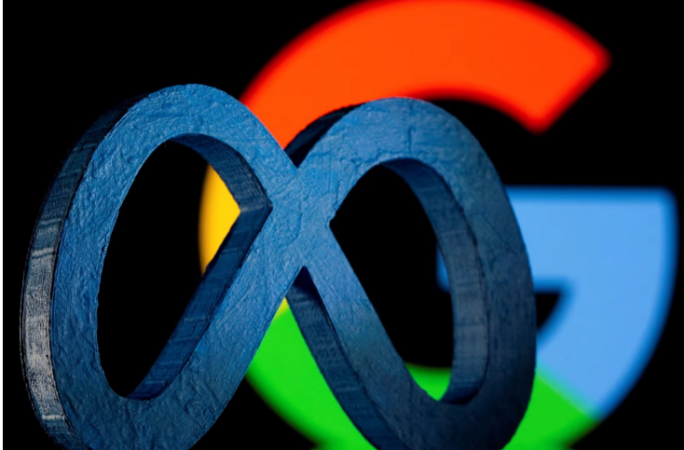
United States: A high-profile Congress effort to rein in the country's biggest Internet companies is in danger of failing, with time running out for passing important legislation ahead of a midterm election.
The American Innovation and Choice Online Act, which has gone ahead of any US legislative effort to address the market power of some of the world's richest companies, is being opposed by Alphabet Inc.'s Google, Apple Inc., Amazon.com Used to be. Inc., and Meta Platforms Inc., as well as their trade associations, which have invested approximately US$95 million in lobbying since 2021.
The bill is at a critical point after nearly two years of fighting as the Senate reconvenes this week for one last push ahead of the November midterm election. Supporters of the measure claim to have required votes, but it is unclear whether they do so because the Senate will be busy with other spending bills that also need to be passed.
Conversations with nearly two dozen supporters and opponents of the bill, including policy experts, lobbyists, Congressional aides and advocates, have concluded that the bill is slowing down. One Hill employee described it as a life or death situation.
According to Matt Schruers, president of the Computer and Communications Industry Association, which speaks for major tech companies, "If supporters of this bill had enough votes, it wouldn't have been a bill, it would have been a law."
For politicians, activists and regulators who believe Silicon Valley has a huge impact on people's lives, failure would be a blow.
Big Tech, which has argued the measure would undermine privacy, jeopardize national security, and degrade the products consumers love, sees it as a huge victory.
Even if the bill failed, its supporters claim that its focus has helped the antitrust movement grow into something bigger than any single law. Sarah Miller, head of the anti-monopoly nonprofit American Economic Freedom Project, said she supports the bill and wants to see it passed, but added that it is "not a one-time fight."
"Now is a very good moment to pursue it," Miller said of the measure. "Are the bills ending the monopoly power of big tech? No."
Although both Republicans and Democrats supported the tech giant's hand-holding through antitrust reform during this Congress, a potential GOP majority in the House next year is set to focus on claims that Internet platforms can stifle conservative viewpoints. do muzzle.
We are confident that when this bill is voted on, it will be passed," Klobuchar told Bloomberg News.
In the Senate, where it requires 60 votes to be passed and sent to the House, the bill has 13 co-sponsors. According to supporters like Luther Lowe, head of public policy at Yelp Inc. and longtime anti-Google, many undecided lawmakers would have supported the measure if it were put to a vote.
According to Schumer's spokesman, the senator is working with the bill's sponsors to gain the necessary support and still intends to introduce the measure.
Both the House and Senate judiciary committees voted in favor of all parties to pass the bill. Several amendments have addressed privacy and security concerns. According to Yelps Lowe, who didn't kill the bill, he has "strengthened it".
The measure aims to prevent businesses from favoring their own goods, protecting rivals who rely on these platforms to reach consumers from unfair competition. This can have an impact on how Google Maps is designed, how Apple Music appears on the iPhone, or how prominently Amazon Basics is displayed on the company's e-commerce website.
According to people familiar with the conversation, Klobuchar's staff is collaborating with several Democratic senators who expressed concerns about the bill's impact on content moderation. Democrats Ron Wyden of Oregon and Brian Schatz of Hawaii have vowed to support the measure if changes are made.
But the road to becoming a law will not be easy. Before the new fiscal year begins on October 1, Congress should fund the government appropriately in September. Additionally, the Senate will only meet for two weeks in October, just before the midterm elections.
"I'm not going to floor it," said Michael Petrichone, senior vice president of government affairs at the Consumer Technology Association, a trade association that counts Facebook, Google and Amazon among its members. “With the upcoming election, I expect senators to come back and focus on topics that are loved by voters. One of those problems is not technology regulation.
Tata Digital leads USD 40 million funding round in 1mg Tech
Chinese scientists exhume historic ships from the South China Sea's depths
New Zealand begins spring with unexpected snow following its warmest winter ever